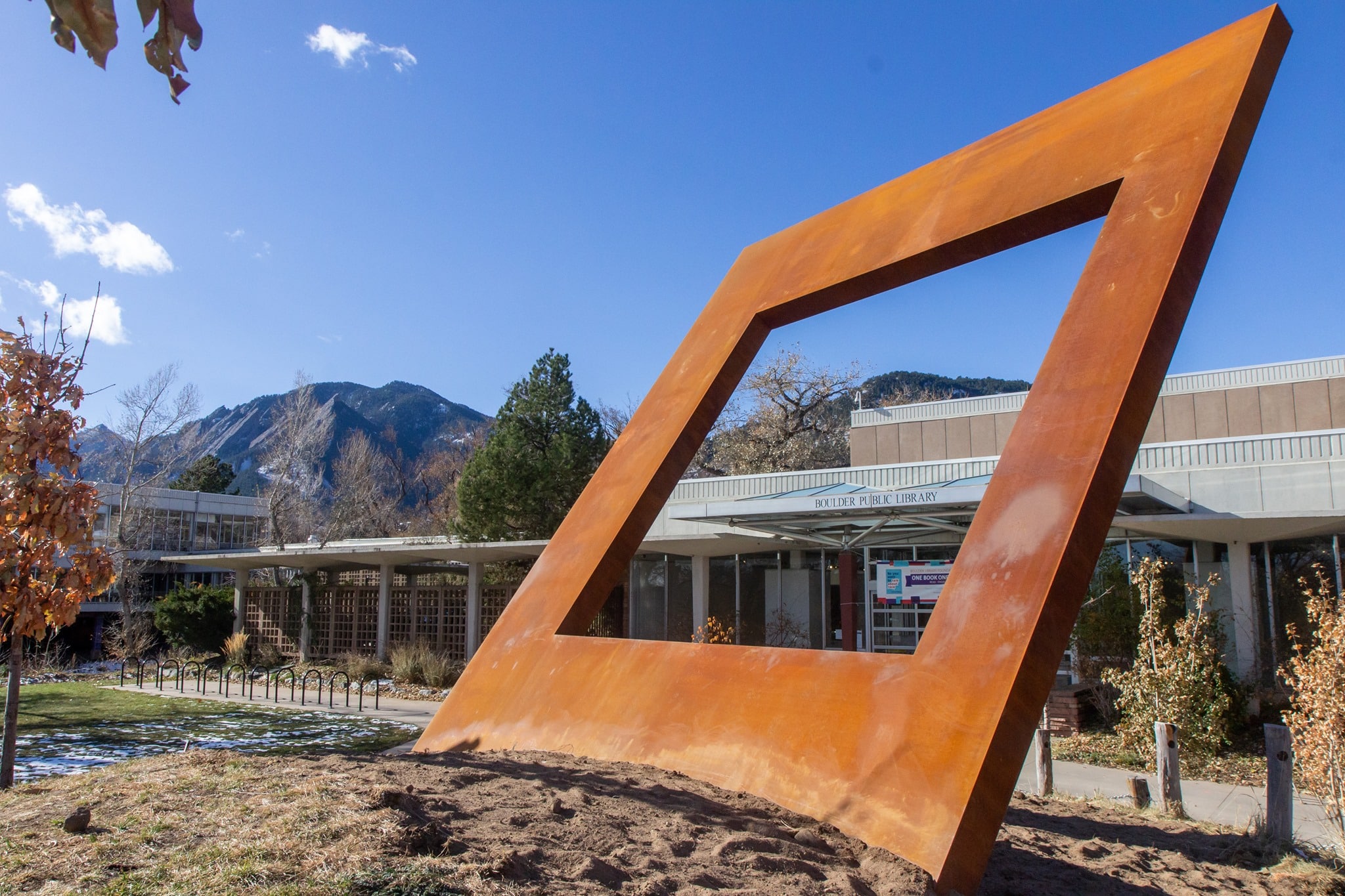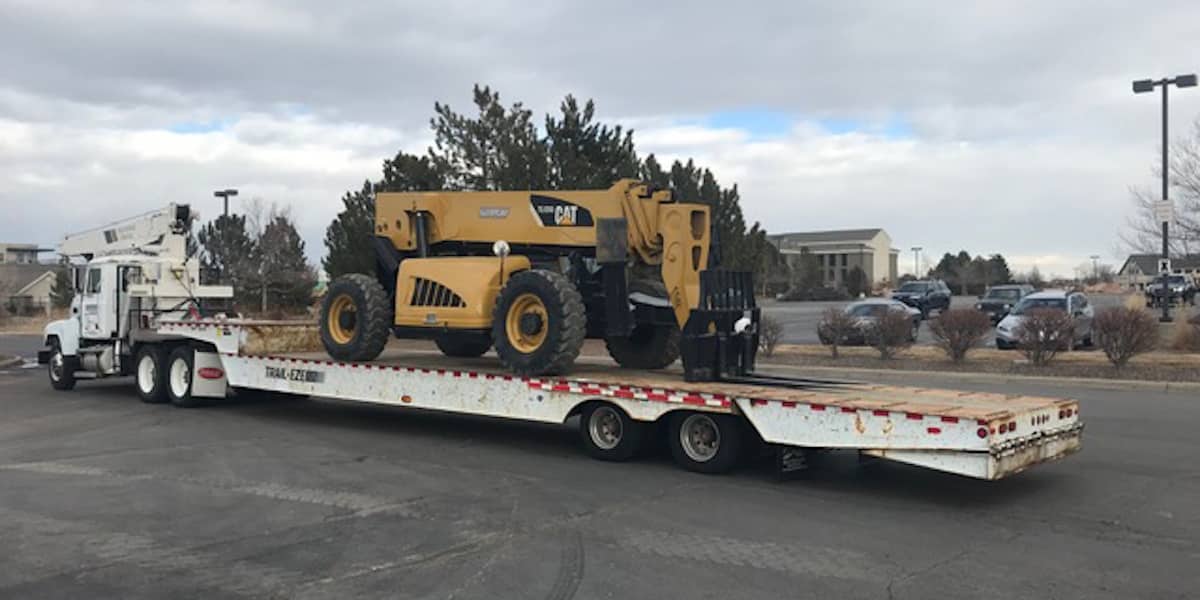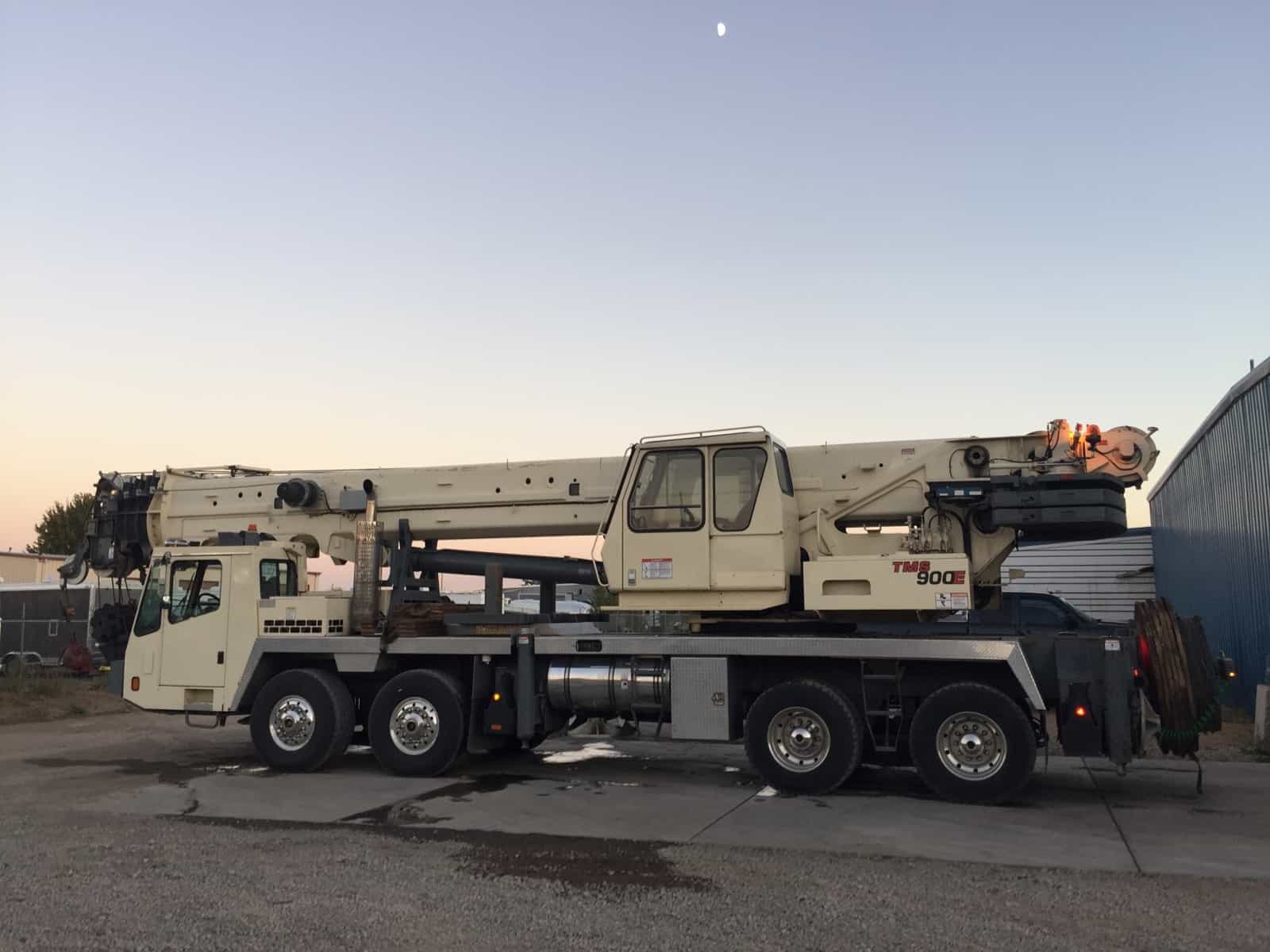Approximately 100 people are killed each year in the United States in work accidents involving heavy equipment, including cranes. Many more workers are injured in crane-related accidents. Common accidents involving cranes include tipping the crane over, breaking the boom swing, people on foot getting in the way of objects falling from a crane, collisions with other vehicles or objects and touching overhead power lines with the crane. Fortunately, most of these situations are avoidable by paying close attention to a few crane safety rules.
Important tenets of crane safety
While entire courses are offered on the subject of crane safety, below are a few tips to help keep crane operators and ground workers out of harm’s way.
- Ground workers should never work directly beneath a crane or its load. It’s imperative to keep a safe distance between the equipment and ground workers. (Visitors and those working on other projects should be kept away from the area where the crane is operating.)
- Check the equipment thoroughly before using it. Although the equipment owner should keep current on all maintenance and repair issues, it’s important to give the equipment a final “once-over” before you begin using it.
- Make sure that the crane operator is aware of all power lines. While this is the operator’s responsibility, you are likely more familiar with the site than he or she is. Cranes should operate no closer to power lines than the length of the jib plus 15 feet.
- Check the certification credentials for all crane operators you hire. If you are hiring temporary operators, don’t just assume or take the operator’s word that he or she has the necessary certification and training to operate the equipment. Ask to see the actual documentation. In addition, no one younger than 18 years of age should be permitted to work as a crane operator. Ground workers must be at least 16 years old.
- Cease work in inclement weather. Rain can cause the ground below the crane to be unstable and potentially lead to accidents or tip-overs. High winds can also pose a safety threat. While most every construction project has a tight schedule, working in the rain, sleet or snow is a risky proposition.
- Make sure that the crane is working on level ground. Inclines and slopes, even gradual ones, can cause a crane and its load to act erratically. OSHA standards mandate that cranes operate on solid, level ground.
- Only parts and equipment designed to be used with a crane should be employed. Ad hoc fixes made from whatever materials are on hand at the job site can be a recipe for disaster.
- Keep it slow. Cranes should be operated as slowly as possible to help ensure the equipment and the load’s stability. Don’t be that supervisor or owner that insists on speed in place of safety.
While accidents on a construction site are impossible to totally eliminate, you can dramatically reduce the chances of workers on your site being injured or worse by paying close attention to who is working around the crane, making sure to inspect the equipment when you take delivery and before each use, and make sure to check the credentials of all equipment operators working on your site.





4 Responses
I did not realize so many people are killed each year in Crane accidents! These guidelines for crane safety are especially important when renting or using a crane. I especially appreciate the tip about being aware of power lines. While it seems obvious, I’m sure this is often an overlooked safety issue. Thank you for sharing this article!
Nice Post on Crane Safety Tips. Myself is having crane rental company in India. Will Definitely suggest these precautions to my workers.
Really a very helpful article thanks for sharing and keep on sharing!
ABCO Engineers is the Largest Crane Suppliers In Bangalore,Mangalore, Belgaum. Abco Engineers are the best EOT Crane Manufacturers in Bangalore,Karnataka. ABCO provides Cranes with Excellent Quality and the Wide Range of Crane services in Bangalore,Mangalore, Belgaum.Contact today for CompleteCrane services in Bangalore karnataka.
Read more: https://www.abcoengineers.com/
Thank you for this article. I was looking for crane systems and safety is very important when you are dealing with industrial equipment.